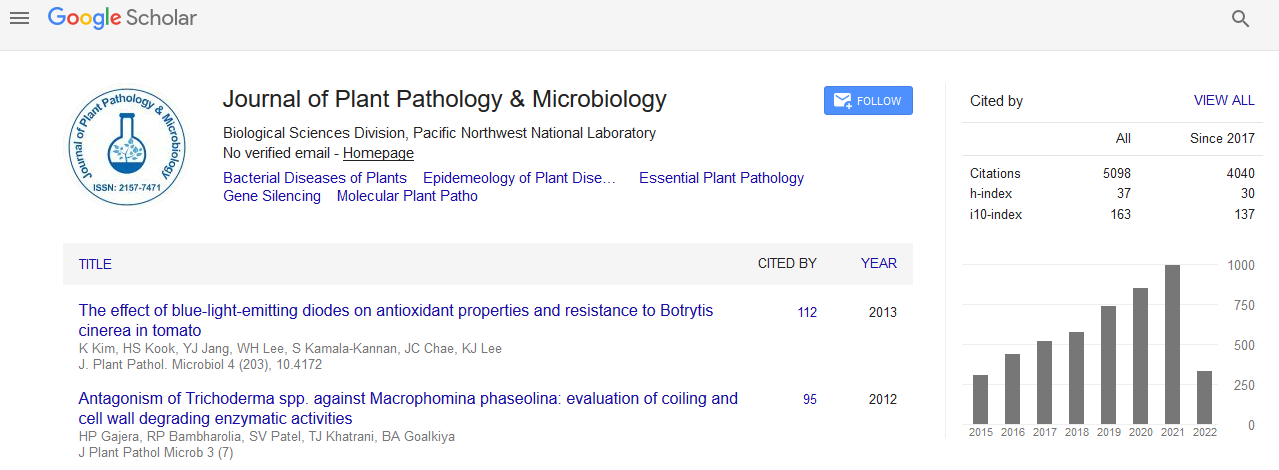PMC/PubMed Indexed Articles
Indexed In
- Open J Gate
- Genamics JournalSeek
- Academic Keys
- JournalTOCs
- CiteFactor
- Ulrich's Periodicals Directory
- Access to Global Online Research in Agriculture (AGORA)
- Electronic Journals Library
- Centre for Agriculture and Biosciences International (CABI)
- RefSeek
- Directory of Research Journal Indexing (DRJI)
- Hamdard University
- EBSCO A-Z
- OCLC- WorldCat
- Scholarsteer
- SWB online catalog
- Virtual Library of Biology (vifabio)
- Publons
- Geneva Foundation for Medical Education and Research
- Euro Pub
- Google Scholar
Useful Links
Share This Page
Journal Flyer

Open Access Journals
- Agri and Aquaculture
- Biochemistry
- Bioinformatics & Systems Biology
- Business & Management
- Chemistry
- Clinical Sciences
- Engineering
- Food & Nutrition
- General Science
- Genetics & Molecular Biology
- Immunology & Microbiology
- Medical Sciences
- Neuroscience & Psychology
- Nursing & Health Care
- Pharmaceutical Sciences
Abstract
The Potential of Serratia marcescens: An Indigenous Strain Isolated from Date Palm Compost as Biocontrol Agent of Rhizoctonia solani on Potato
Rabeb El Khaldi, Majda Daami-Remadi, Walid Hamada, Lamia Somai and Mohamed Cherif
Rhizoctonia solani, associated with stem canker and black scurf diseases of potato, was one of the most destructive pathogens in Tunisia and elsewhere. A bacterial strain was isolated from date palm compost, identified as Serratia marcescens using amplification and sequencing of the 16SrRNA in combination with biochemical characterization. The antifungal properties against R. solani AG3 strain were assessed on potato. Mycelial growth inhibition of the pathogen was evaluated after 6 days of incubation at 28°C in the presence of the bacterium and its cell-free culture filtrates. The application of bacterial suspension adjusted to 108CFU/ml as pre-planting treatment of potato seeds tubers cv. Nicola reduced the incidence and severity of diseases under greenhouses conditions. In pot experiments, no stem canker was detected and the percentage of progeny tubers showing symptoms of black scurf was significantly reduced With S. marcescencs treatment (36.47%) as compared to the controls. Results of this study suggest also that S. marcescencs was an effective biocontrol agent against black scurf and stem canker of potato since severity was reduced up to 49.31% and 83.16% respectively. Therefore, the bacterium could be considered as promising alternative to chemical products.


